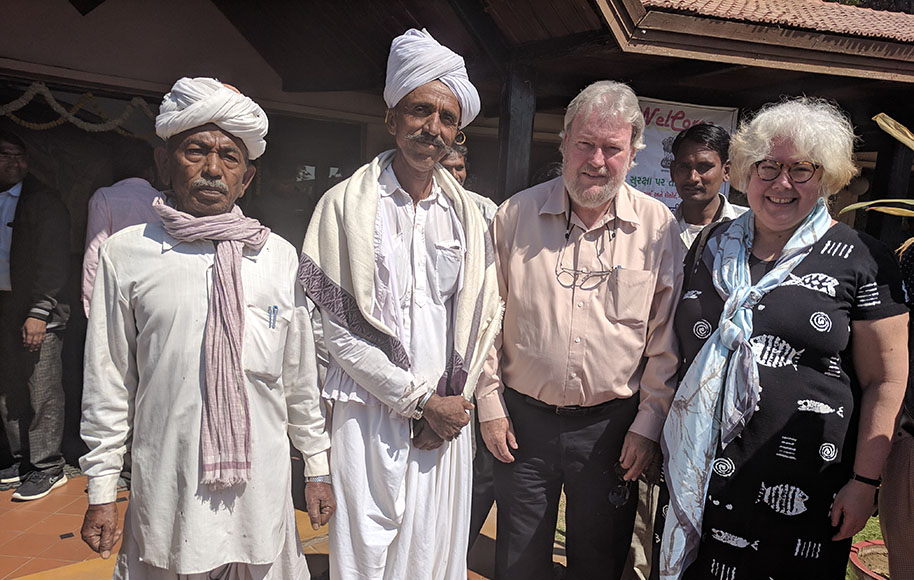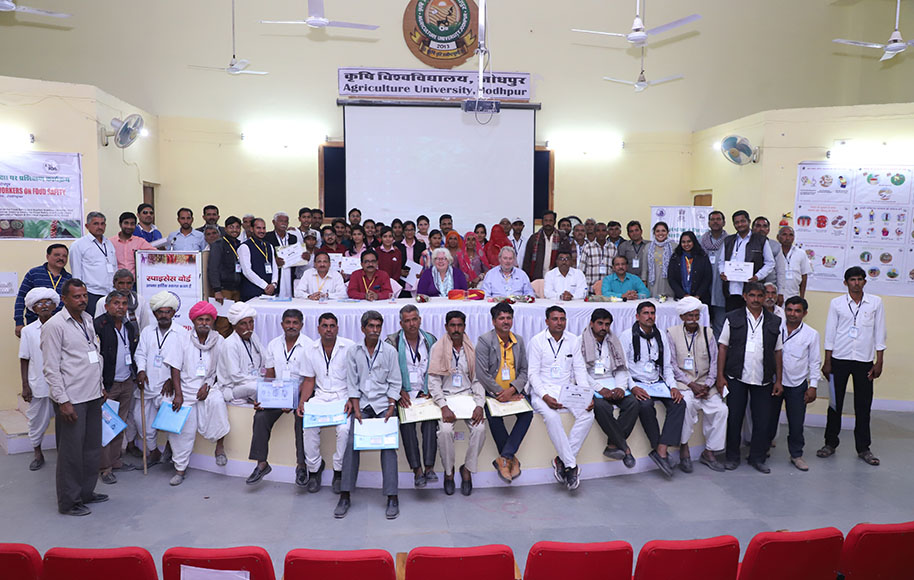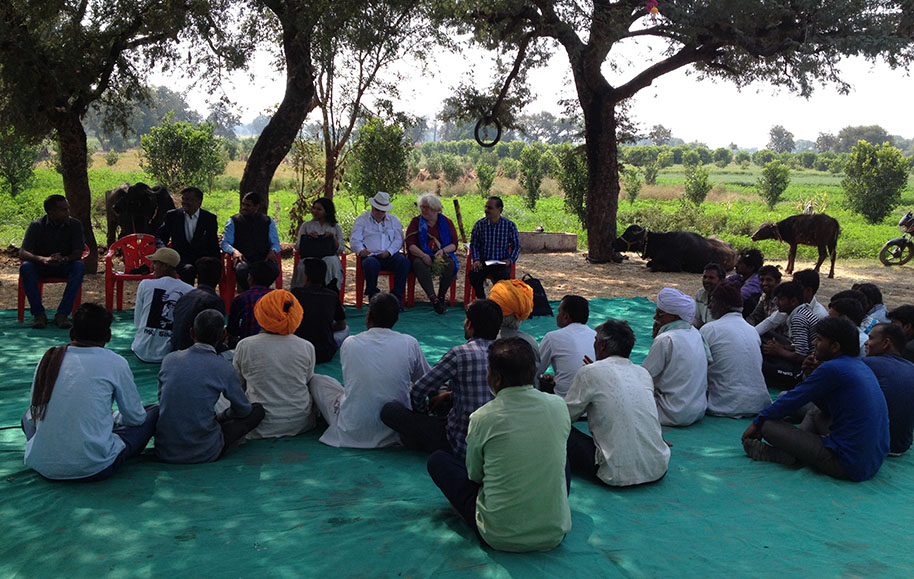-
Trainingarrow_drop_down
- About Training
-
Internationalarrow_drop_down
- About International
- Produce Safety Alliance Grower Training
- Good Fishing Vessel Practices
- Aquaculture Training Programs
- Good Agricultural Practices
- Commercially Sterile Packaged Foods
- Food Inspector Training
- Supply Chain Management for Spices and Botanical Ingredients
- WTO-SPS Professional Development
- Training Data
-
Collaborationsarrow_drop_down
- About Collaborations
-
International Collaborationsarrow_drop_down
- About International Collaborations
- About Collaborative Training Initiatives
- Collaborative Produce Safety Training Initiative
- Bangladesh Aquatic and Aquacultural Food Safety Center
- IICA-JIFSAN Collaborative Training Initiative for the Americas
- India Supply Chain Management for Spices and Botanical Ingredients (SCMSBI)
- Malaysia Ministry of Health Collaborative Framework on Food Safety Capacity Building
- Thailand Center for Commercially Sterile Packaged Foods
- About
- News & Events
- Training
- Research
-
Collaborations
-
International Collaborations
- About Collaborative Training Initiatives
- Collaborative Produce Safety Training Initiative
- Bangladesh Aquatic and Aquacultural Food Safety Center
- IICA-JIFSAN Collaborative Training Initiative for the Americas
- India Supply Chain Management for Spices and Botanical Ingredients (SCMSBI)
- Malaysia Ministry of Health Collaborative Framework on Food Safety Capacity Building
- Thailand Center for Commercially Sterile Packaged Foods
- Partnerships
-
International Collaborations
- Informatics
In 2012, the India Spices Board and the Coalition of India Industry-Food and Agriculture Centre of Excellence (CII-FACE), in partnership with JIFSAN, established a Collaborative Training Centre (CTC) in India with the purpose of advancing food safety practices in the spices industry. The CTC has continued its capacity building efforts with a series of four ‘Train the Trainers’ programs delivered February 11-27, 2019 in distant production regions in India. The training locations were: Mandsaur, Madya Pradesh; Jodhpur, Rajasthan; Mahesana, Gujarat and; Gudi Malkapuram, Telangana. The program content focused on training needs for limited-literacy farm workers. Dr. Jim Rushing and Dr. Clare Narrod supported professional trainers from the Spices Board who delivered most of the presentations in local language or through interpreters. Some of the written training materials had already been translated to Hindi and were posted in training locations for participants to review. Audience participation was active throughout all programs. Farmers frequently challenged the trainers about the difficulty of implementing new practices and the trainers took advantage of these many teachable moments. Frequently farmers stated their commitment to developing a stronger food safety culture. A total of approximately 400 persons were trained.




